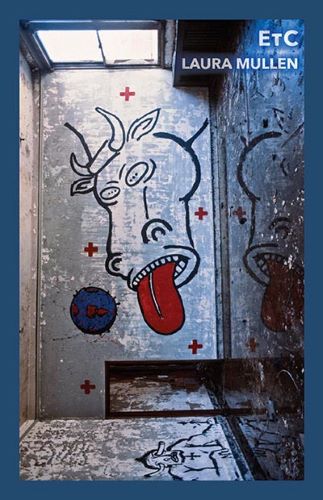Crazyhorse – Spring 2008
Number 73
Spring 2008
Biannual
Rav Grewal-Kök
The editors of Crazyhorse give the stories and poems they’ve selected for their most recent issue room to breathe. Often, they print only a handful of lines of verse on the magazine’s generously margined pages. All that space invites the reader to savor the writing, much of which is vivid and haunting.
The editors of Crazyhorse give the stories and poems they’ve selected for their most recent issue room to breathe. Often, they print only a handful of lines of verse on the magazine’s generously margined pages. All that space invites the reader to savor the writing, much of which is vivid and haunting.
The narrator of Allison Seay’s “First House Elegy” evokes a new house, “a place away from here / that would save us.” But we are unsure whether her family ever finds the peace she imagines in the country: “Did the door open to the woods / so we faced the bright world, or, while we ate that / little supper, did we keep our backs to the wolves?” Peter Cooley in “Day After Tomorrow: Weather Watch,” offers a less equivocal vision of loss. He describes how his housebound father only wanted to watch the weather report in his last year of life: “weather his sole concern / as one by one he gave up news and sports, / then dressing, eating, getting out of bed.” The poet concludes with an image that marries his grief to his faith in the authority of his art: “If something else would speak for poetry / I’d choose. Lightning, nothing will do.”
The magazine also includes poems, in the original and in translation, by writers from Ecuador, Turkey, and Korea. One of the pleasures of reading the little magazines is the chance to glimpse, however briefly, an unfamiliar literary culture. When Ko Un, a Korean writer and Buddhist monk writes, “Since there’s heavy snow / our country has no need of religion,” I experienced a lightning flash of my own.
Much of the fiction in this issue centers on the difficulties of domestic life. The ennui-stricken protagonist of John Tait’s “Halfrica” dreams of redeeming himself from a failing marriage through aid work in Africa, but ultimately lacks the conviction to change his life. Christine Sneed’s “Clown Testimonies” portrays two characters with sympathy and grace: an adolescent girl with a crush on her journalism teacher, and the teacher himself, a man unsettled by furtive longings.
If I had room I’d go on to discuss poems by Billy Collins, Jill Osier, and Robert Bense, and fiction by Gary Fincke, Sean Ennis and Susan Perabo. Crazyhorse offers a remarkable selection. Read it and choose for yourself.
[crazyhorse.cofc.edu/]




